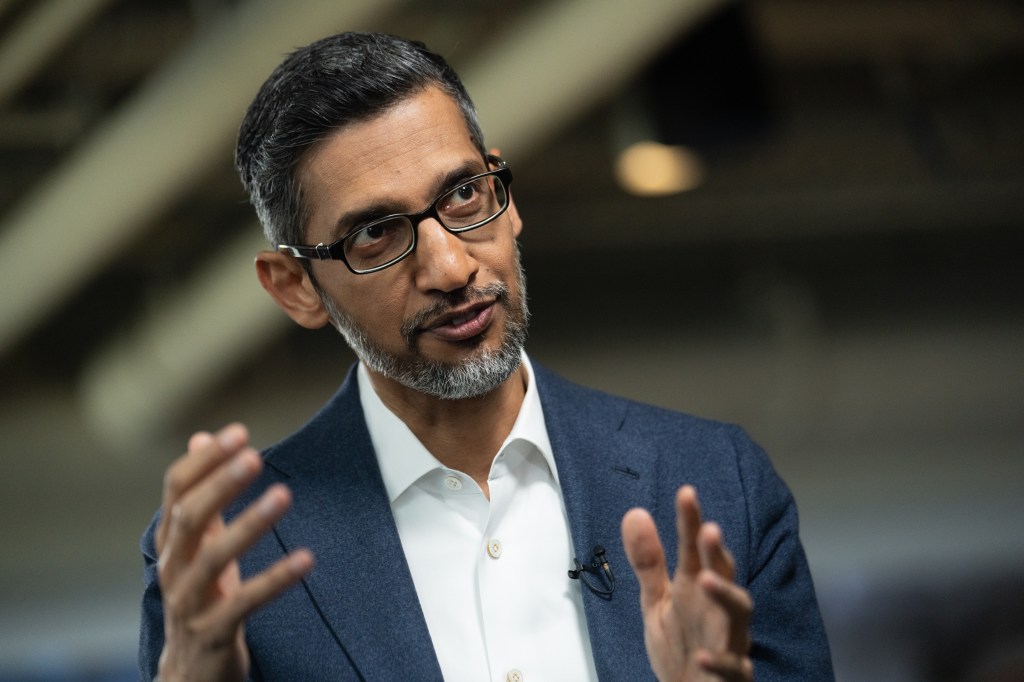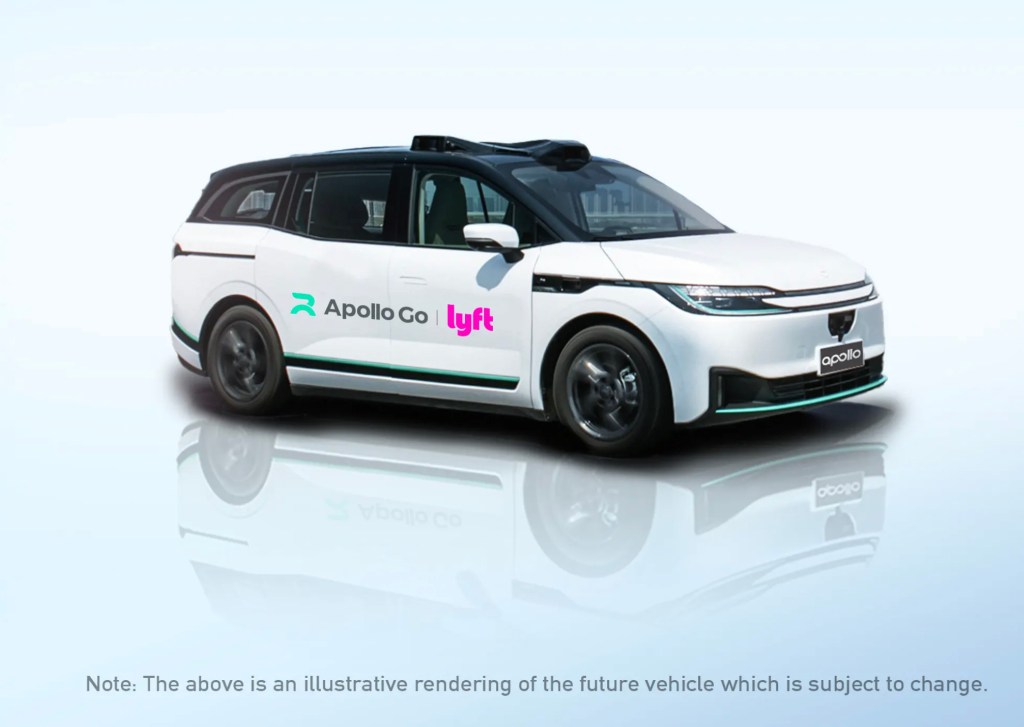In a significant development within the artificial intelligence (AI) sector, Google and OpenAI have entered into a strategic partnership, with Google Cloud providing the computational infrastructure necessary for OpenAI to train and deploy its advanced AI models. This collaboration, announced during Google’s second-quarter earnings call in July 2025, marks a pivotal moment in the evolving landscape of AI and cloud computing.
Google’s Perspective on the Partnership
Sundar Pichai, CEO of Google, expressed enthusiasm about the alliance, stating, We are very excited to be partnering with [OpenAI] on Google Cloud. Google Cloud is an open platform, and we have a strong history of supporting great companies, startups, AI labs, etc. So super excited about our partnership there on the cloud side, and we look forward to investing more in that relationship and growing that. This statement underscores Google’s commitment to fostering innovation and collaboration, even with companies that are direct competitors in the AI space.
OpenAI’s Strategic Move
OpenAI’s decision to collaborate with Google Cloud is driven by the escalating demand for its AI services, such as ChatGPT, which have experienced exponential growth since their inception. Historically reliant on Microsoft’s Azure for cloud services, OpenAI’s expansion to include Google Cloud signifies a strategic effort to diversify its infrastructure providers. This diversification aims to mitigate risks associated with dependency on a single provider and to enhance the scalability and reliability of its AI offerings.
Implications for Google’s Cloud Business
The partnership with OpenAI represents a substantial win for Google Cloud, which has been striving to increase its market share in the competitive cloud services industry. In the second quarter of 2025, Google Cloud reported revenues of $13.6 billion, a notable increase from $10.3 billion in the same quarter the previous year. This growth is attributed in part to the platform’s ability to attract high-profile clients like OpenAI, thereby reinforcing its position as a leading provider of cloud infrastructure for AI applications.
Navigating Competitive Dynamics
Despite the collaborative nature of this partnership, it introduces a complex dynamic, as OpenAI’s products, particularly ChatGPT, pose a significant challenge to Google’s core search business. The alliance exemplifies the intricate balance between competition and cooperation in the tech industry, where companies may collaborate in certain areas while competing fiercely in others. This multifaceted relationship highlights the strategic considerations companies must navigate to advance their technological capabilities and market positions.
Broader Industry Context
The collaboration between Google and OpenAI is indicative of a broader trend in the AI industry, where the immense computational requirements for developing and deploying sophisticated AI models are prompting companies to seek partnerships that can provide the necessary infrastructure. This trend is reshaping traditional competitive boundaries, leading to alliances that were previously considered unlikely. Such partnerships are essential for meeting the growing demands of AI applications and for driving innovation in the field.
Conclusion
The strategic partnership between Google and OpenAI marks a significant milestone in the AI and cloud computing sectors. It reflects the evolving nature of industry relationships, where collaboration and competition coexist to drive technological advancement. As AI continues to permeate various aspects of society and industry, such alliances are likely to become more prevalent, underscoring the importance of strategic partnerships in the pursuit of innovation and market leadership.



